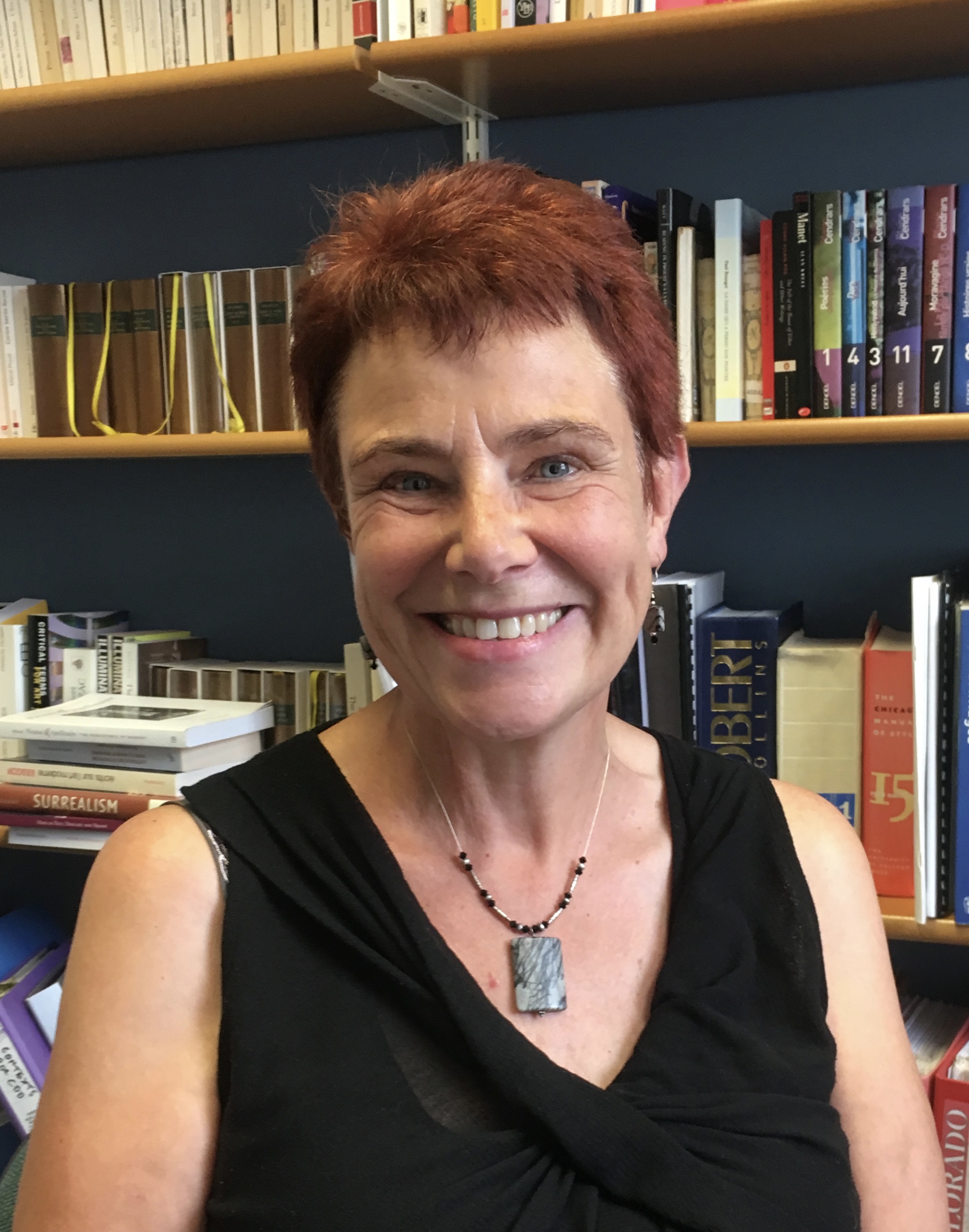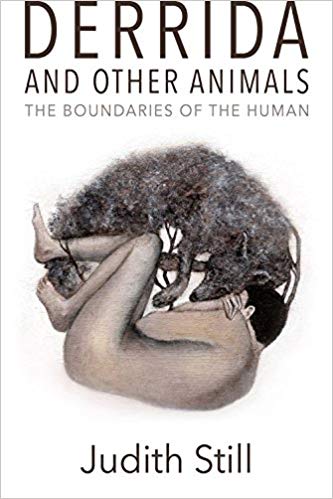
July 20, 2018, by Rob Ounsworth
British Academy honours Professor Judith Still
Judith Still, Professor of French and Critical Theory, has been elected as a Fellow to the British Academy.
Professor Still, of the School of Cultures, Languages and Area Studies, joins a record 76 academics elected in recognition of their achievements in the humanities and social sciences.
This is the largest cohort of new Fellows elected to the British Academy in its 116-year history, after a vote to broaden and expand the fellowship.
These new Fellows of the British Academy join a community of over 1400 of the leading minds that make up the UK’s national academy for the humanities and social sciences.
Professor Still joins current Fellows including the classicist Dame Mary Beard, the historian Sir Simon Schama and philosopher Baroness Onora O’Neill.
She said: “I am absolutely delighted to join such a distinguished body. Nottingham’s School of Cultures, Languages and Area Studies is completely exceptional in the UK (outside Oxford and Cambridge) in having now four colleagues as Fellows of the British Academy. I join Professor Jeremy Lawrance (Hispanic Studies), Emeritus Professor Elizabeth Boa (German Studies), and Emeritus Professor Diana Knight (French Studies).”
Professor Still, whose research focuses on enlightenment thought and fiction in French and English; contemporary thought and fiction in French and English with particular reference to post-structuralism, feminism, hospitality, gift economies, inequalities and critical animal studies, added:
“I hope that I shall add to the diversity of the British Academy, not only as a woman and a critical theorist, but in that I was first in my family to go to University, supported by a loving single mother and a State that gave me a full and unconditional grant throughout my studies.”
Professor Sir David Cannadine, President of the British Academy, said: “I am delighted to welcome this year’s exceptionally talented new Fellows to the Academy.
“The election of the largest cohort of Fellows in our history means the British Academy is better placed than ever to help tackle the challenges we all face today. Whether it’s social integration or the ageing society, the future of democracy or climate change, Brexit or the rise of artificial intelligence, the insights of the humanities and social sciences are essential as we navigate our way through an uncertain present into what we hope will be an exciting future.”
Professor Jeremy Gregory, Pro-Vice-Chancellor, Faculty of Arts, said: “This is very well-deserved acknowledgement of Professor Still’s stellar contribution to knowledge in French Studies, Critical Theory and Modern Languages research more broadly. Election to a fellowship of the British Academy is one of the highest honours for scholars in Arts, Humanities, and Social Sciences and I am delighted that Judith’s work has been recognised in this way.
Professor Dame Jessica Corner, Pro-Vice-Chancellor for Research and Knowledge Exchange, said: “I am delighted that our academics continue to be recognised by their peers as leaders in their fields. The British Academy is world-renowned and Professor Still’s election to its Fellowship is an achievement that demonstrates her commitment to scholarship of the highest order.”
The prime criterion for election to the Fellowship of the Academy is academic distinction as reflected in scholarly research activity and publication. Only one or two scholars a year are elected in most fields, even though there may be several hundred scholars active in the field in question. The electoral process is therefore exacting and rigorous.
The Academy is also a funding body for research, nationally and internationally, and a forum for debate and engagement.
No comments yet, fill out a comment to be the first


Leave a Reply